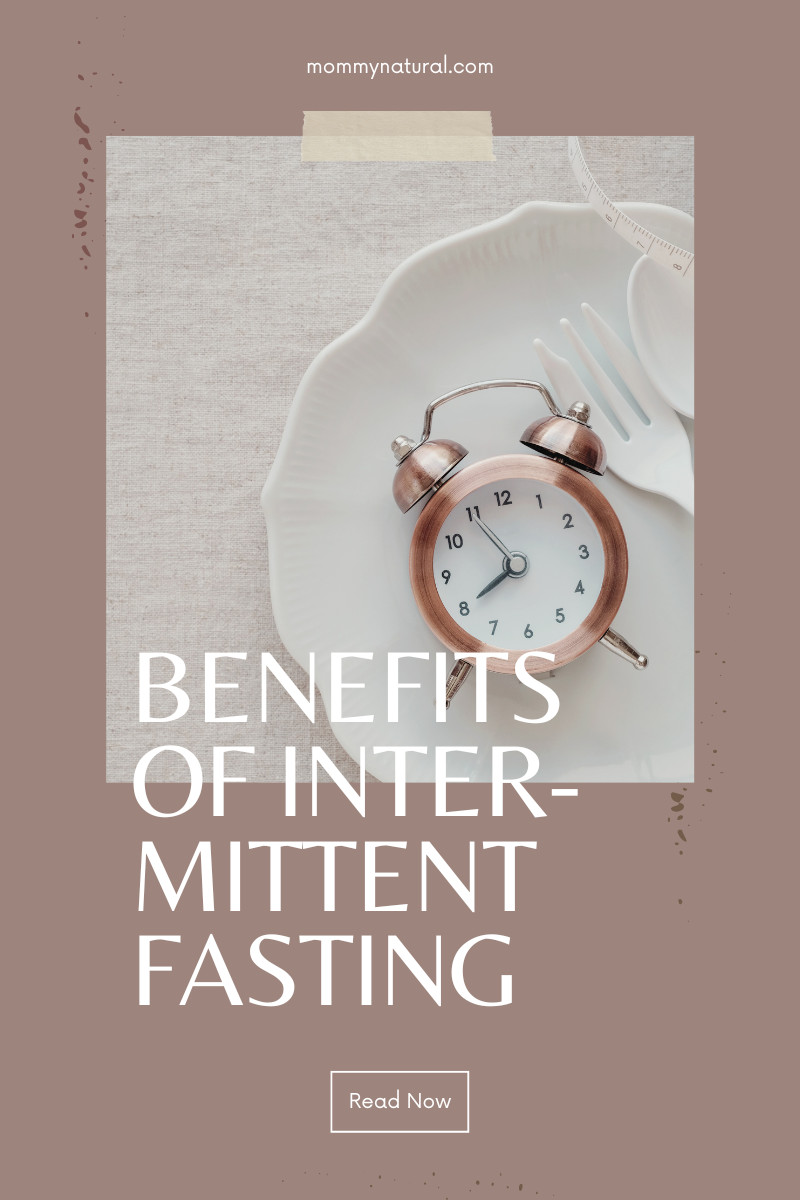11 day jump start
I didn't care about being healthy (gasp!)
Nope, not really. Not until I had kids. I mean, sure–I worked out because I wanted my clothes to fit. I wasn't paying attention to what I was putting in my mouth, on my body or cleaning my house with. Becoming a mom made me want to be more informed. I started to pay attention to things I hadn’t before, like food labels and ingredient lists. I knew I needed to make changes, but where to start? I was completely overwhelmed.
I dove in anyway. I started by taking baby steps with simple swaps. It still amazes me how small changes, done consistently over time, make such BIG differences. I’ve learned a LOT over the past 14 years and want to help other moms that are on their own journey.
I’m here. I see you. I hear you. I’ve been there and I want to help support you. Everyone is on their own journey. Being a mom is the best, most rewarding, yet the hardest role we’ve ever taken on. I’ve never felt more joy…or more isolated…than I have as a mom. I’m here, right alongside you, finding what works for my family, just doing the best I can, and encouraging you to do the same!



























